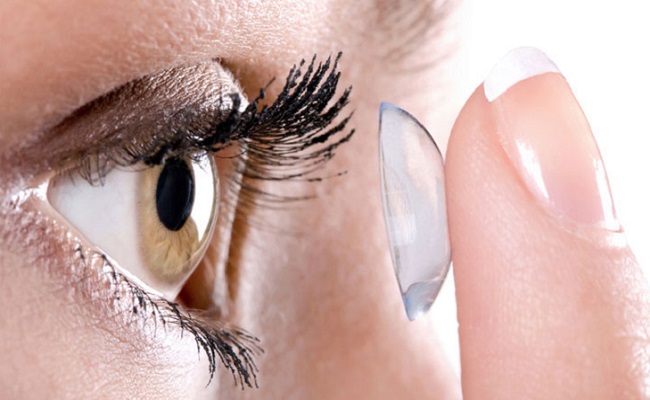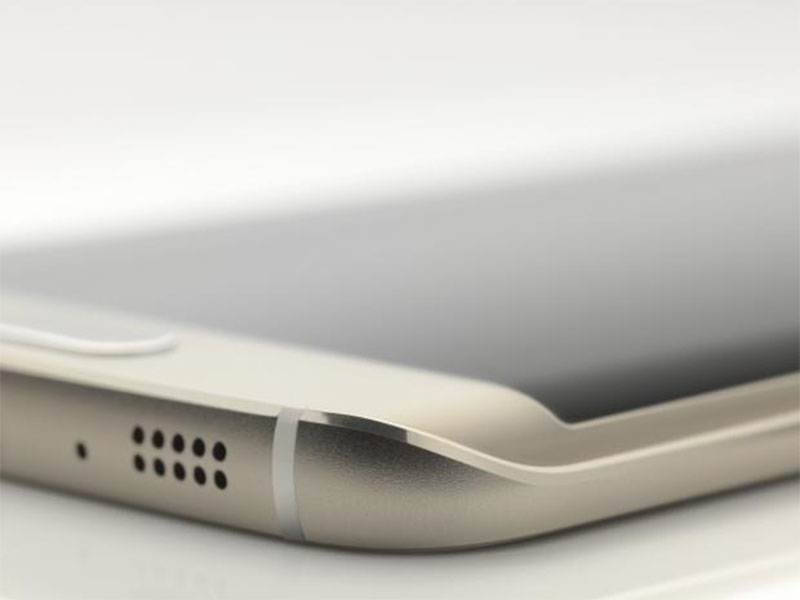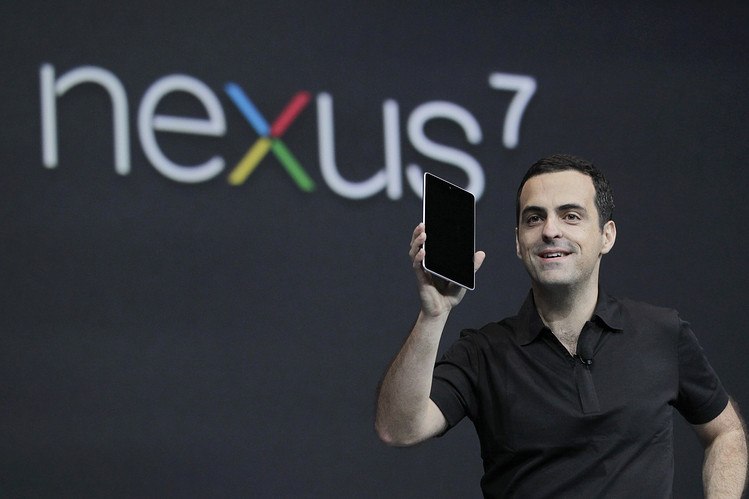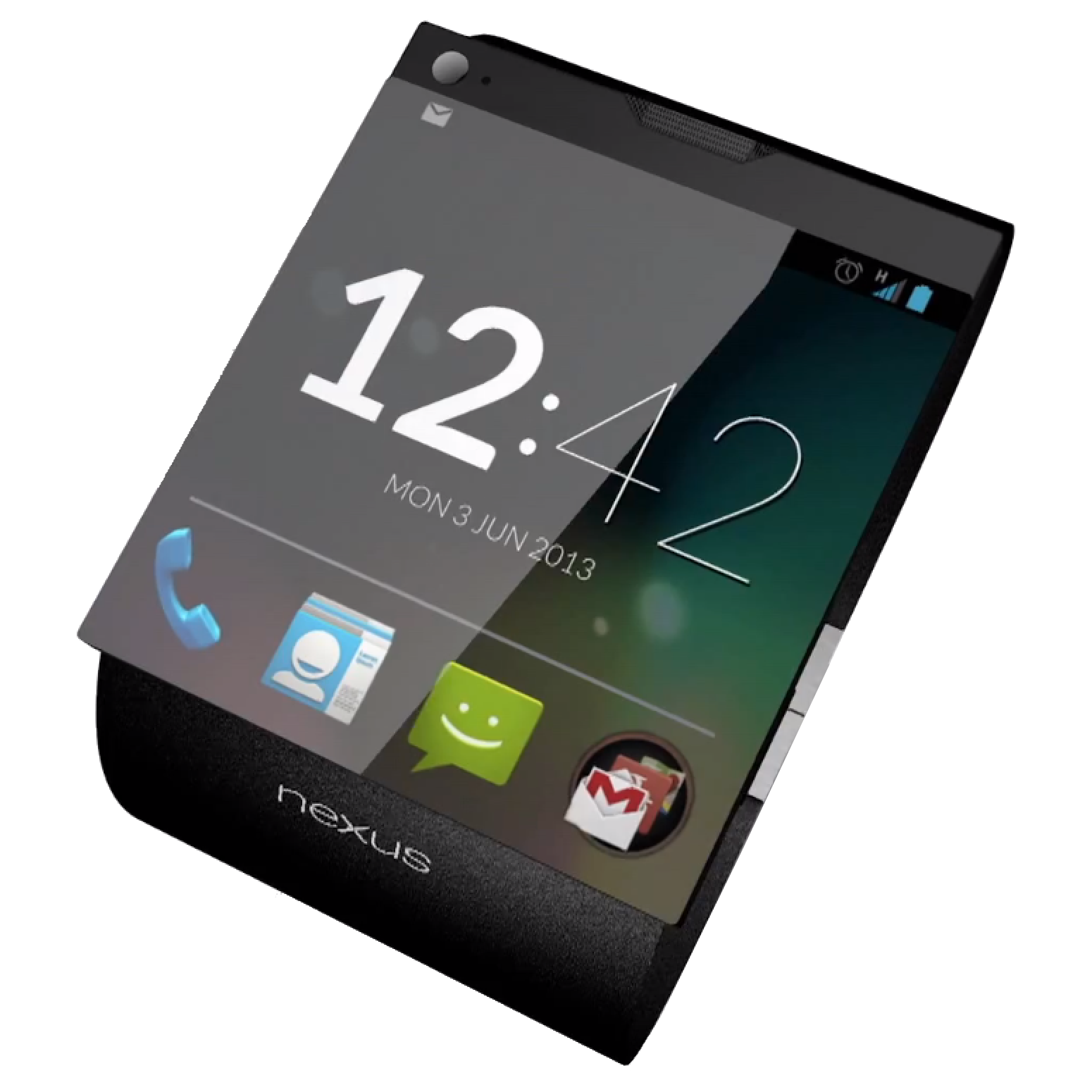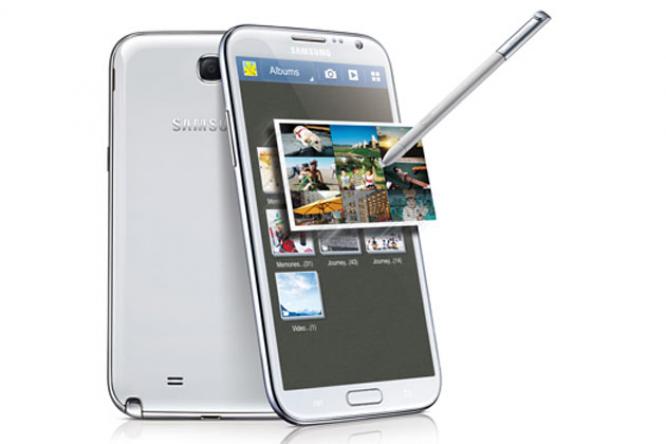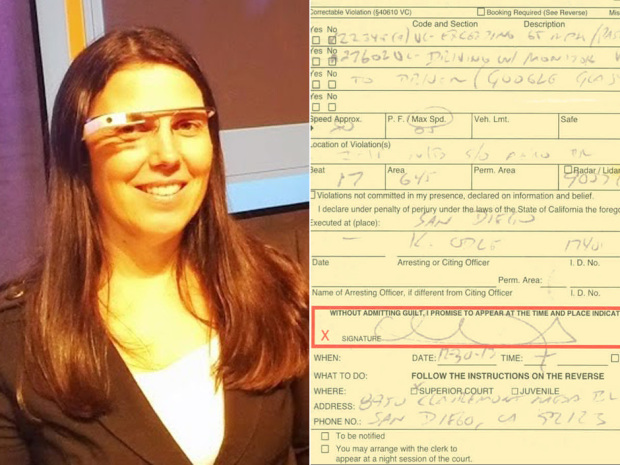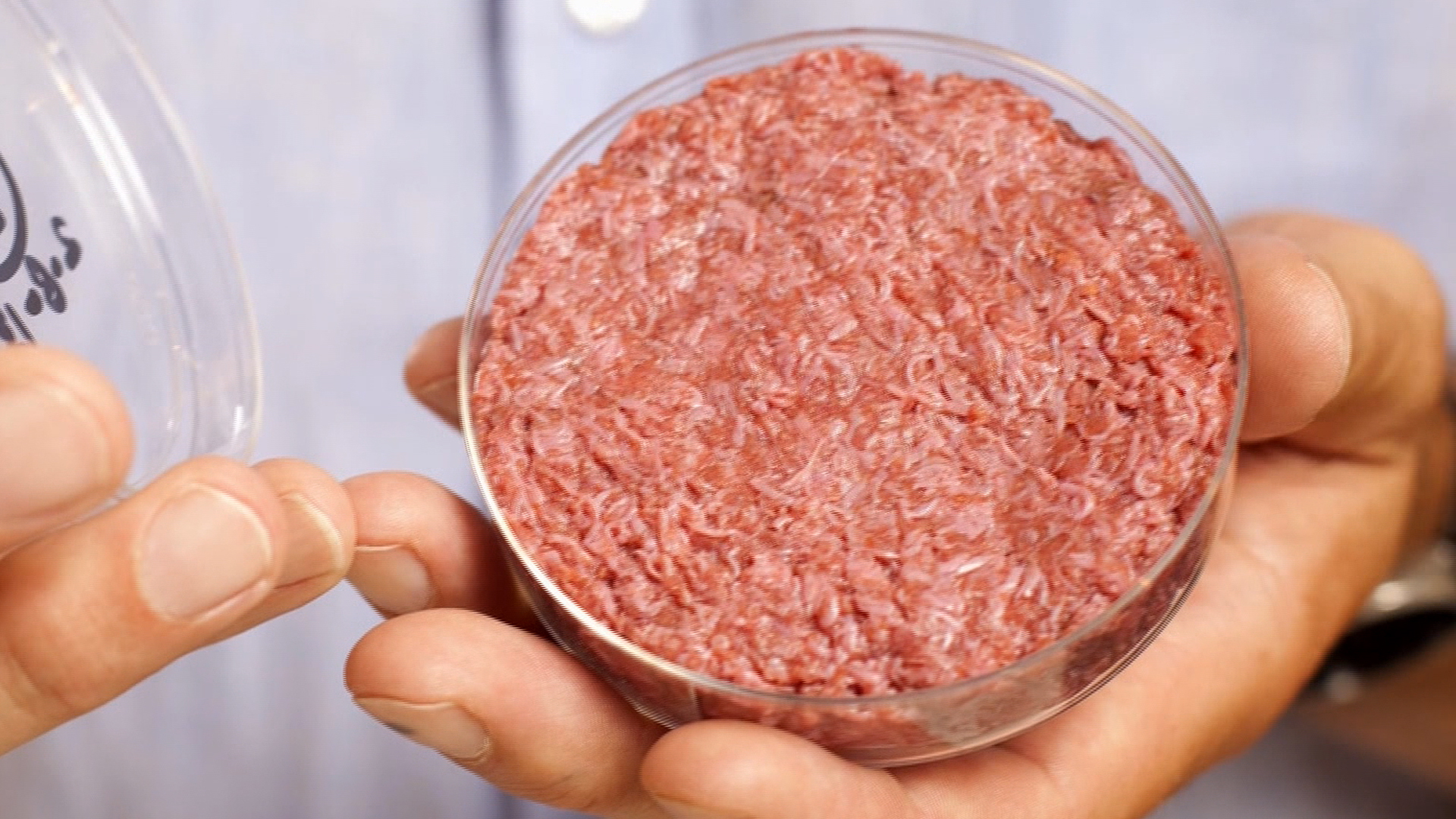Google Unveils Contact Lens For Diabetics
A new contact lens that monitors glucose levels in tears could help diabetics avoid the pain and inconvenience of having to prick their fingers to draw blood as many as 10 times a day.
Nearly 400 million diabetics worldwide have to monitor their blood sugar and tweak their insulin dose to keep their levels under control, or face potentially dangerous complications.
The contact lens has been developed by Google at its secretive X lab during the past 18 months.
The device looks like a normal contact lens, but inside is a minuscule glucose sensor and wireless transmitter. Sandwiched in the lens are two glitter-specks loaded with tens of thousands of miniaturised transistors, while the lens is ringed with a hair-thin antenna.
Shrinking the parts to such a small size was a major task, according to Brian Otis, one of the lead researchers.
Vision is not obscured because the embedded electronics are outside the eye’s pupil and iris.
“We’re testing prototypes that can generate a reading once per second,” Mr Otis said.
“We’re also investigating the potential for this to serve as an early warning for the wearer, so we’re exploring integrating tiny LED lights that could light up to indicate that glucose levels have crossed above or below certain thresholds.”

The contact lens has a tiny glucose sensor and wireless transmitter
Dwight Holing, of the American Diabetes Association, warned the device must provide accurate and timely information as “people with diabetes base very important health care decisions on the data we get from our monitors”.
Research began several years ago at the University of Washington, and other medical devices are being designed elsewhere.
Google is now looking for partners with experience bringing similar products to market. It declined to say how many people worked on the project, or how much has been invested in it.
It will take at least another five years before the lens can reach the market.
An early, outsourced clinical research study with patients was encouraging, but there are many potential pitfalls to come, said University of North Carolina diabetes researcher Dr John Buse, who was briefed by Google on the lens.
“This has the potential to be a real game changer,” he said. “But the devil is in the details.”

